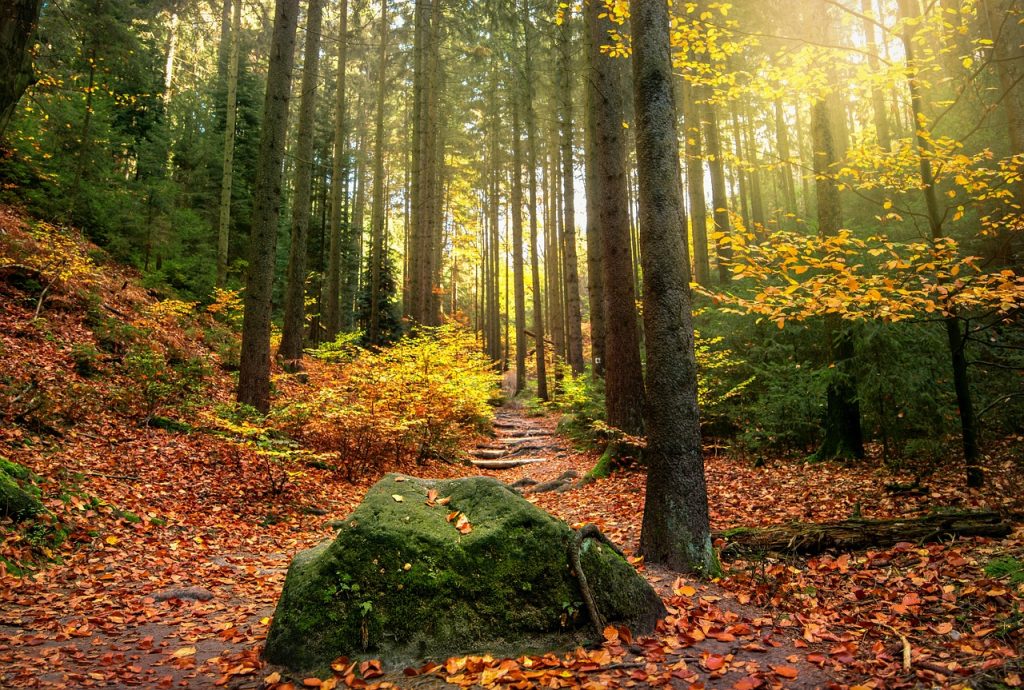

Following on from our environmental vocabulary theme, here are some part 1, part 2 and part 3 (based on the part 2 cue card) questions. Remember for part 1 you have short simple answers, for part 2 you prepare then speak for between 1 and 2 minutes and in part 3 the examiner will ask you more in depth questions about part 2.
Part 1: Speaking Questions about the Environment
- Do you think the younger generation is more concerned about environmental issues than the older generation? Why or why not?
- What role do you believe businesses should play in addressing environmental challenges?
- How can individuals in urban areas contribute to environmental conservation efforts?
Part 2: Speaking Task – Cue Card
Describe a place in nature that you enjoy visiting. Please say:
- Where is this place?
- How often do you go there?
- What activities do you usually do there?
and explain why you find this place so appealing.
Part 3: Follow-up Questions on Nature and Environment
- To what extent do you think individual actions, such as recycling or using eco-friendly products, can make a significant impact on the environment?
- In your opinion, should environmental education be included in school curricula? How might this influence future generations?
- What challenges do developing countries face in implementing effective environmental policies, and how can they overcome these challenges?
Sample Answers
Part 1: Speaking Questions about the Environment
- Do you think the younger generation is more concerned about environmental issues than the older generation? Why or why not? Sample Answer:
“Yes, I think younger people care more about the environment. They have more information and education about how human activities affect nature. They also try harder to use eco-friendly practices and talk about the need for change.” - What role do you believe businesses should play in addressing environmental challenges? Sample Answer:
“Businesses need to do their part in facing environmental issues. They should use eco-friendly technologies, reduce waste, and offer products that are good for the environment. When businesses take responsibility for their impact, it helps a lot in making our world more sustainable.” - How can individuals in urban areas contribute to environmental conservation efforts? Sample Answer:
“People in cities can help the environment by recycling, reducing plastic use, and using public transport or walking instead of driving. Supporting local and eco-friendly products is also a good way. And it’s important to talk about having green spaces in the city.”
Part 2: Speaking Task – Cue Card
Describe a place in nature that you enjoy visiting. Please say:
- Where is this place?
- How often do you go there?
- What activities do you usually do there?
and explain why you find this place so appealing. Sample Answer:
“One of my favorite places in nature is a calm lake about an hour away from my home. I try to go there once a month, especially on weekends. I enjoy fishing, hiking around the lake, and having a peaceful picnic. The beauty of the place, the fresh air, and the calm water make it a great spot to relax and connect with nature.”
Part 3: Follow-up Questions on Nature and Environment
- To what extent do you think individual actions, such as recycling or using eco-friendly products, can make a significant impact on the environment? Sample Answer:
“Doing small things like recycling or using eco-friendly products might seem small, but when lots of people do them, it really helps the environment. If everyone works together, these actions can make a big difference in reducing waste and saving resources.” - In your opinion, should environmental education be included in school curricula? How might this influence future generations? Sample Answer:
“Yes, we should teach students about the environment in school. Learning about environmental issues and how to take care of nature from a young age can help kids make better choices. This knowledge gives them the power to make good decisions and be part of efforts to solve environmental problems.” - What challenges do developing countries face in implementing effective environmental policies, and how can they overcome these challenges? Sample Answer:
“Developing countries often struggle with not having enough money, other important issues to deal with, and not having the right infrastructure. To fix this, richer countries and global groups can help by giving money, sharing technology, and helping them build the skills they need. It’s also important to make plans that fit each country’s specific needs to make sure their environmental policies work.”
Image by Sven Lachmann from Pixabay





